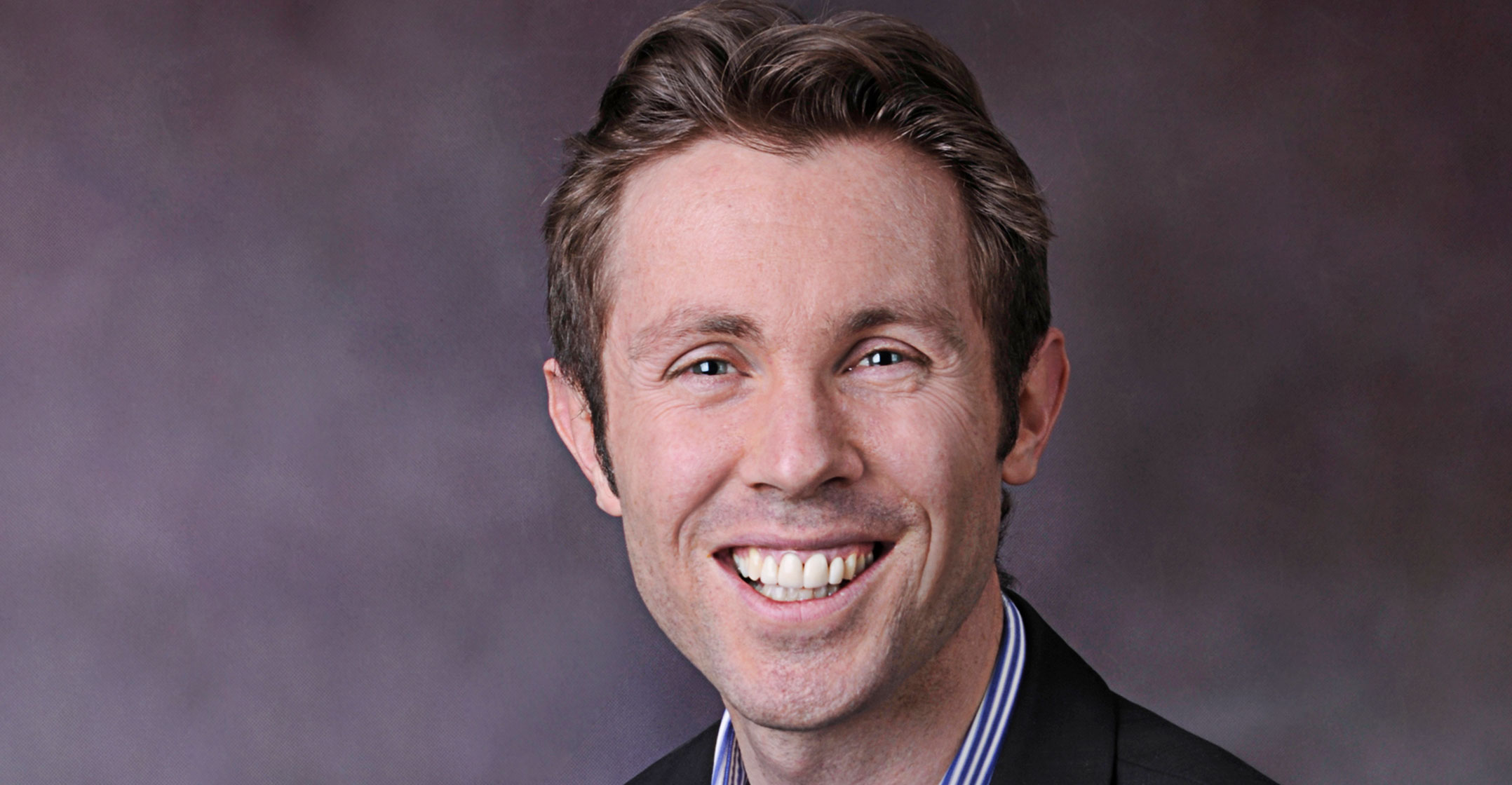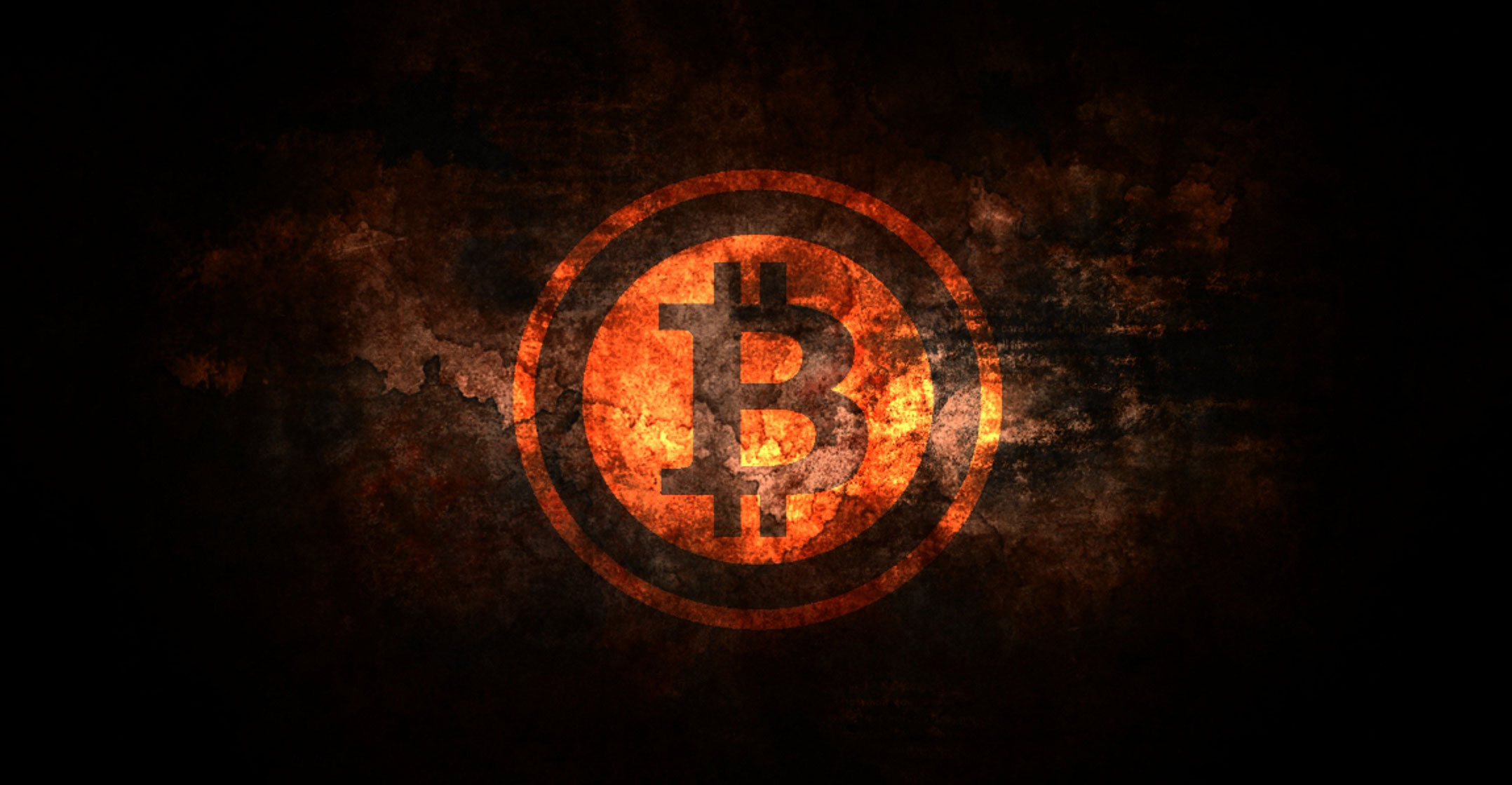
Dear Atul and Ajay Gupta,
I have been following the recent media attention around your banking problems with some interest. What a dilemma you find yourself in! Banks won’t bank with you even when you own shares in them and own certain politicians who regulate those banks. The truth is the problems you have with these banks are only just beginning.
Any bank that wants to transfer money to another bank must do so via clearing houses. This puts the clearing houses in a powerful position. In particular, global clearing houses such as the bank of international settlements, VisaNet and Mastercard control global payments — which themselves are regulated by the International Monetary Fund and the US Federal Reserve. These high-level authorities decide the rules for all banks globally.
If a bank has transactions that are regarded as suspicious and which are not immediately restricted, that bank has the potential to be cut out of global clearing activities. Since local clearing houses such as South Africa’s Bankserv rely on being connected globally, these worldwide financial authorities even have the power to stop a bank from making local South African payments from one bank to another. Without the ability to make payments, a bank is as good as dead. There is nothing your South African government cronies can do. Global banking authorities have more power than you realise and it means you will likely face increasing problems with banks even back in India as they blacklist your transactions. Unfortunately for you, you cannot capture the IMF or Federal Reserve. That has already been done. For as long as you play using the systems they control, they will make banking life difficult for you, as they will for anyone else that associates with you (take note, President Zuma).
You do have an option, though. There is a bank that is not regulated by the IMF or controlled by the Federal Reserve. In fact, it is not a bank — it is a group of banks. These are private, decentralised computer systems that run currencies outside of the global banking system. They are referred to as cryptocurrencies, and the best known of them is bitcoin.
Cryptos as banks
Your only viable option is to let these cryptocurrencies be your banks. You could arrange for bitcoin and other cryptocurrencies such as monero, ethereum or ripple to be made legal tender in South Africa. If you wanted to use this option, you would have to go big — it will be no small feat. But it is doable. You would have to change the way that your suppliers, customers and employees deal with you — you’d need to make sure that people pay you in bitcoin and that others receive bitcoin from you as payment. You could pay your staff in bitcoin, pay for your imports with bitcoin and ultimately move your bitcoin offshore with ease. You could establish an independent currency system, with people paying in bitcoin at the tills and even paying tax in bitcoin. You would have no need of the banks.
I must tell you I have ulterior motives here. With a fixed money system, your corruption will be severely reined in. After the recent ANC policy conference, it is clear you intend gaining control of the South African Reserve Bank and we both know that this is to print money for yourselves. Zimbabwe’s experience has shown just how extremely destructive and impoverishing this option is and I would urge you to avoid this as an option. I’m comforted that you wouldn’t be able to do this without the use of a local bank, but if you forced the issue you could botch up our local financial system terribly.

If, however, you went the bitcoin route, you would have relative monetary and banking freedom to operate as you wish outside of global banking regulations. But — and it is a big but — you wouldn’t be able to print money for yourself at any stage. You would be completely restricted by the natural limitations that come with a fixed money supply. Incidentally, so would the South African banks and the government. Right now, the government and the banks can theoretically borrow as much as they need with the promise that they could always get newly printed money to repay lenders as a last resort. This has made it quite easy for the government to borrow and, by implication, for you to go along for the gravy-train ride.
However, this is not the case with bitcoin. Be warned: with a fixed supply of money, there is no money printing machine to back up government debt and so the government and the banks would only be able to borrow what they can, in fact, repay. There is a boundary that comes with a fixed money system, which gives people living on the ground comfort that your excess would be limited.
If bitcoin were to become legal tender in South Africa, it would immediately increase the demand for bitcoins and the price of bitcoins would rise further. For those who traded in bitcoins (including yourselves), storing those bitcoins would be a great benefit and it may even begin to change the culture of savings radically in South Africa. To put this into context, those people who purchased bitcoins two years ago would have seen 20 times return on their investment.
With investment houses around the world struggling to find assets that are protected from the effects of a credit and money-printing slowdown, this may even attract significant investment into South Africa. Depending on how you handle it, South Africa could become the first country in the world where bitcoin is traded on the street. The country might even become a banking centre as local bitcoin investment increases. It could be a massive industry shift and, if you did well, you could end up being heroes in all of this. Imagine that.
There is even one special benefit that you would be able to savour: revenge would be sweet in all of this. The very banks who closed your bank accounts and made you bleed are the ones who would feel the pain in all of this. Bitcoin as a money and banking model would inherently compete with the business of the banks. The banks have been able to increase the amount of money in the system (literally) and have, in the process, become significantly wealthy. They have a major vested interest in the current system remaining unchanged and that means you being kept out of it. It seems that you are the only two people who match their level of vested interest and have the associated power to do anything about it.
Frankly, I think you’re ruining our country with your (alleged) brazen corruption. It’s coming back to bite you hard. Bitcoin could be your answer. But it will mean submitting to the limitation of a fixed money supply. Call it, the Gupta double bind. Be wise in how you respond.
Regards,
Philip Haslam
- Haslam is author of the book When Money Destroys Nations and is a bitcoin hodler

